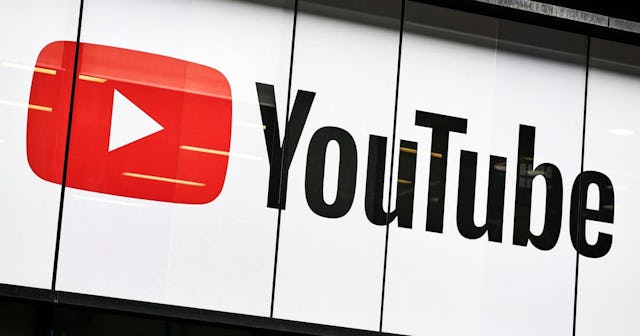YouTube Is Rolling Out Changes To Its Children's Content After FTC Violations

On Monday, YouTube officially rolled out changes protecting the privacy of children who use the online streaming site
After being fined close to $200 million for violating children’s privacy laws, YouTube has finally rolled out changes to its online platform involving children’s content.
As of today, targeted ads will be officially restricted from airing on kids’ videos, as will commenting and some other community features. These newly implemented restrictions will result in a “a significant business impact” for kid-focused channels because of the reduction of ad revenue, according to YouTube. Additionally, the channel will increase promotion for YouTube Kids, the kid-centric app that offers more privacy, ad restriction, and filters out kid-unfriendly content.
“Responsibility is our number one priority at YouTube, and this includes protecting kids and their privacy,” the company wrote in a blog post on Monday. We’ve been significantly investing in the policies, products and practices to help us do this. Today’s changes allow us to do this even better and we’ll continue working to provide children, families and family creators the best experience possible on YouTube.”
“Last September, we announced a series of changes to better protect kids and their privacy on YouTube and to address concerns raised by the U.S. Federal Trade Commission (FTC). Specifically, that all creators will be required to designate their content as made for kids or not made for kids in YouTube Studio, and data from anyone watching a video designated as made for kids will be treated as coming from a child, regardless of the age of the user,” they continued.
They specify that “made for kids” content is, according to the Federal Trade Commission, a video that is “made for kids if it is intended for kids, taking into consideration a variety of factors” including the subject matter of the video, the characters, themes, toys, or games. To help identify these types of videos, they introduced a new audience setting in YouTube Studio “to help creators indicate whether or not their content is made for kids.” They decided to leave it up to the creators as they “know their content best, and should set the designation themselves.” Additionally they are using “machine learning” in order to help identify kid-centric content, giving creators the opportunity to point out if they think the designation is incorrect. “We will only override a creator designation if abuse or error is detected,” they write.
“Many creators around the world have created quality kids content for their audiences, and these changes will have significant impact,” a new blog post from YouTube reads. “We’re committed to helping creators navigate this new landscape and to supporting our ecosystem of family content.”
“YouTube now treats personal information from anyone watching children’s content on the platform as coming from a child, regardless of the age of the user,” they continued. “This means that on videos made for kids, we limit data collection and use, and as a result, we need to restrict or disable some product features. For example, we no longer serve personalized ads on this content or support features such as comments, live chat, notification bell, stories, save to playlist, and others.”
“Many creators around the world have created quality kids content for their audiences, and these changes will have significant impact. We’re committed to helping creators navigate this new landscape and to supporting our ecosystem of family content.”
YouTube first came under fire for violating federal law, which states that online services aren’t able to collect personal information from children under 13 without parental consent. The government agency started investigating YouTube’s data collecting practices when a coalition of Children’s Online Privacy Protection Act privacy groups accused them of collecting personal information from minors, and then using it to target advertisements toward them — with no permission from parents.
Keep in mind that ad-targeting and the practices mentioned above can be the least of our worries when it comes to online security. From videos instructing children how to harm themselves to online predators posing as children, there are so many dangers lurking on the internet. While these policy changes are good news for parents as well as children, it is still important to police your children’s internet use and consumption.